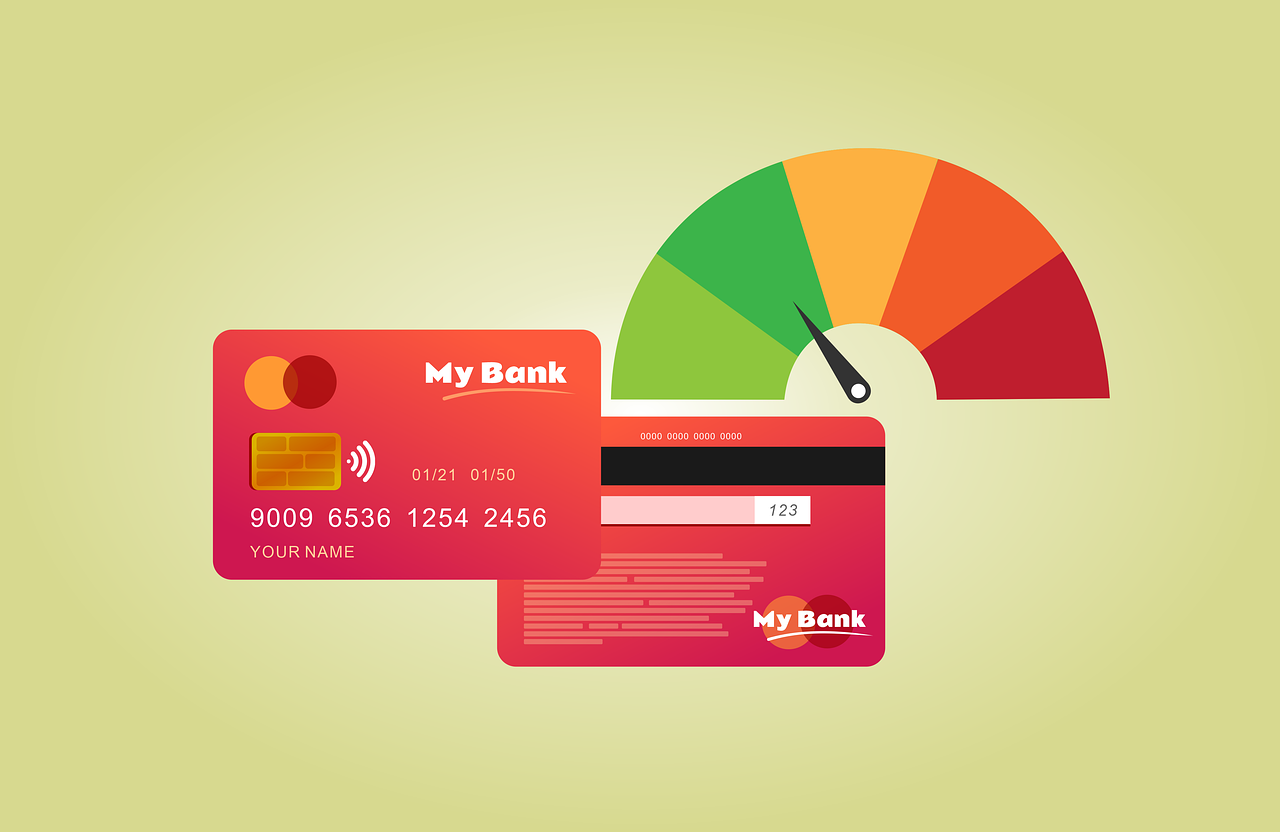Basics of Credit Scores and Credit Reports: Your Guide to Financial Success

Disclosure: This post may contain affiliate links. I could earn a commission if you make a purchase through these links, at no extra cost to you. Refer to my Affiliate Disclosure for details.
Have you ever wondered why getting a loan or a new credit card can feel like navigating a maze? It all boils down to one thing: your credit score. Your credit score is like a financial report card, and your credit report is the story behind it. Understanding these can open doors to better financial opportunities and save you money in the long run. But don’t worry if these terms sound daunting—they’re simpler than you think! Let’s dive in and unravel the mystery of credit scores and credit reports together.
What Exactly Is a Credit Score?
Imagine you’re back in school. Your credit score is like your GPA for financial health. It’s a three-digit number, usually ranging from 300 to 850, that tells lenders how likely you are to repay your debts. The higher your score, the better. A high score can help you secure lower interest rates on loans and credit cards, which means you’ll save money.
Breaking Down the Credit Score
Your credit score is determined by several factors:
- Payment History: Do you pay your bills on time?
- Amounts Owed: How much of your available credit are you using?
- Length of Credit History: How long have you been using credit?
- Credit Mix: Do you have a good mix of credit types (credit cards, mortgages, auto loans)?
- New Credit: Have you recently opened new credit accounts?
What Is a Credit Report?
Your credit report is the detailed record that feeds into your credit score. Think of it as your financial biography. It includes:
- Personal Information: Your name, address, Social Security number, and employment history.
- Credit Accounts: Details about your credit cards, loans, and payment history.
- Credit Inquiries: A record of who has checked your credit report.
- Public Records: Bankruptcies, foreclosures, and other legal actions.
Why Should You Care?
Maybe you’re thinking, “I pay my bills on time, why should I care about my credit score or report?” Here’s why: Even if you’re diligent, errors can still find their way into your credit report. These mistakes can drag down your score, costing you money when you apply for loans or credit cards. Plus, landlords, insurers, and even some employers look at your credit score to judge your reliability.
Common Objections and Misunderstandings
- “I don’t plan on taking out a loan anytime soon.”
- Even if you’re not borrowing money now, a good credit score can affect your insurance rates, your ability to rent an apartment, and even your job prospects.
- “Checking my credit report will hurt my score.”
- Checking your own credit report is considered a “soft inquiry” and does not affect your score. It’s a smart move to stay informed.
- “I have a low income and I can’t have a good credit score.”
- Your income isn’t a factor in your credit score. What matters is how you manage your debt and payments.
Steps to Improve Your Credit Score
- Check Your Credit Report Regularly: Get free copies of your credit report from AnnualCreditReport.com. Look for errors and dispute them.
- Pay Your Bills on Time: This is the single most important factor in your credit score.
- Reduce Your Debt: Aim to keep your credit card balances low relative to your credit limit.
- Avoid Opening Too Many New Accounts at Once: Each new application can cause a small, temporary dip in your score.
Understanding the basics of credit scores and credit reports is the first step towards taking control of your financial future. It might seem overwhelming at first, but with a little effort and vigilance, you can ensure your financial story is a positive one. Remember, a good credit score opens doors to better financial opportunities and more savings. So, take charge, check your credit report, and start building a stronger financial foundation today!
By staying on top of your credit score and report, you’re not just playing the game—you’re mastering it. Here’s to your financial success!
Disclosure: This post may contain affiliate links. I could earn a commission if you make a purchase through these links, at no extra cost to you. Refer to my Affiliate Disclosure for details.
